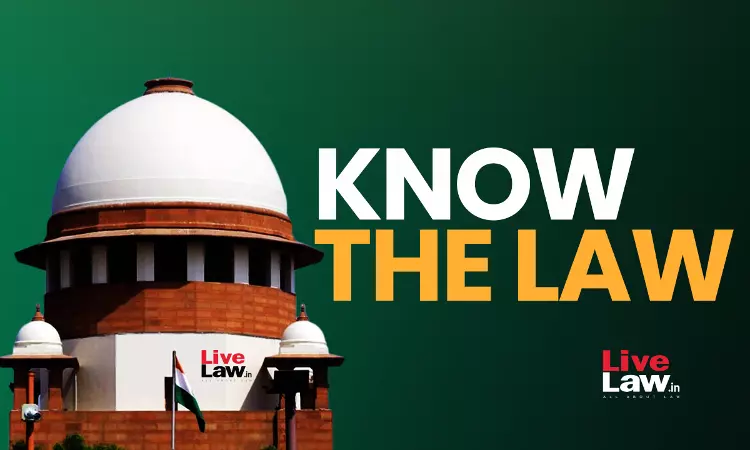- Home
- /
- Top Stories
- /
- The Law On Remission
The Law On Remission
Yash Mittal
15 Jan 2024 10:24 AM IST
In a significant verdict, the Supreme Court in the case Bilkis Yakub Rasool v. Union of India (“Bilkis Bano Case”), has quashed the order of the Gujarat Government granting 'remission' to the 11 persons, who were convicted for committing rape on Bilkis Bano during 2002 Gujarat Riots. The Court has held that the exercise of power by the State of Gujarat is an instance of usurpation and...
Next Story



